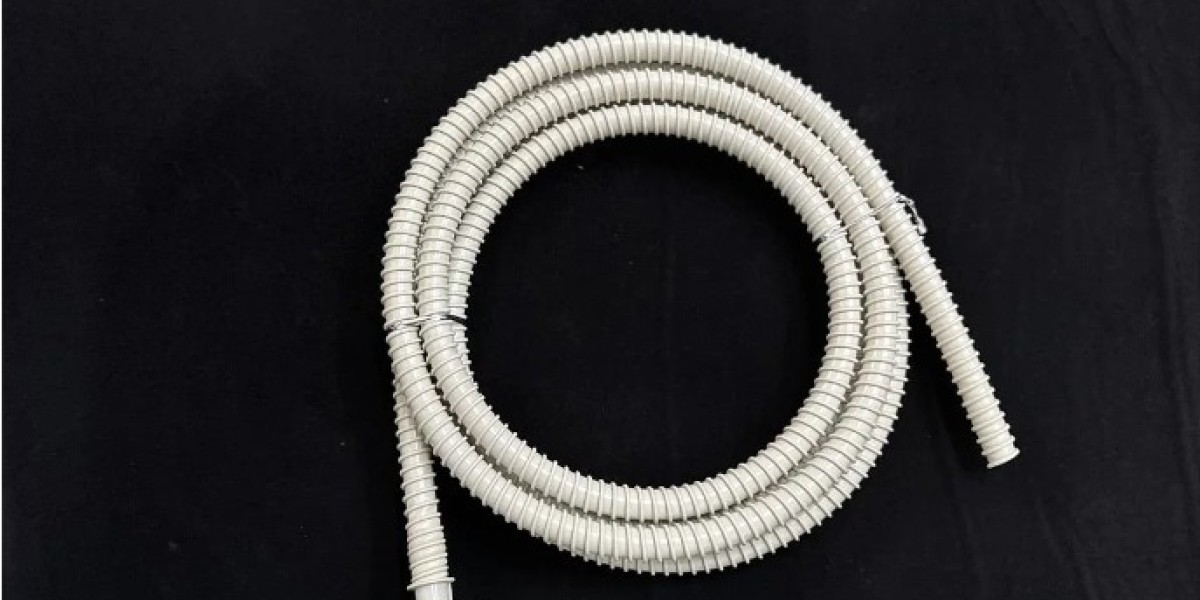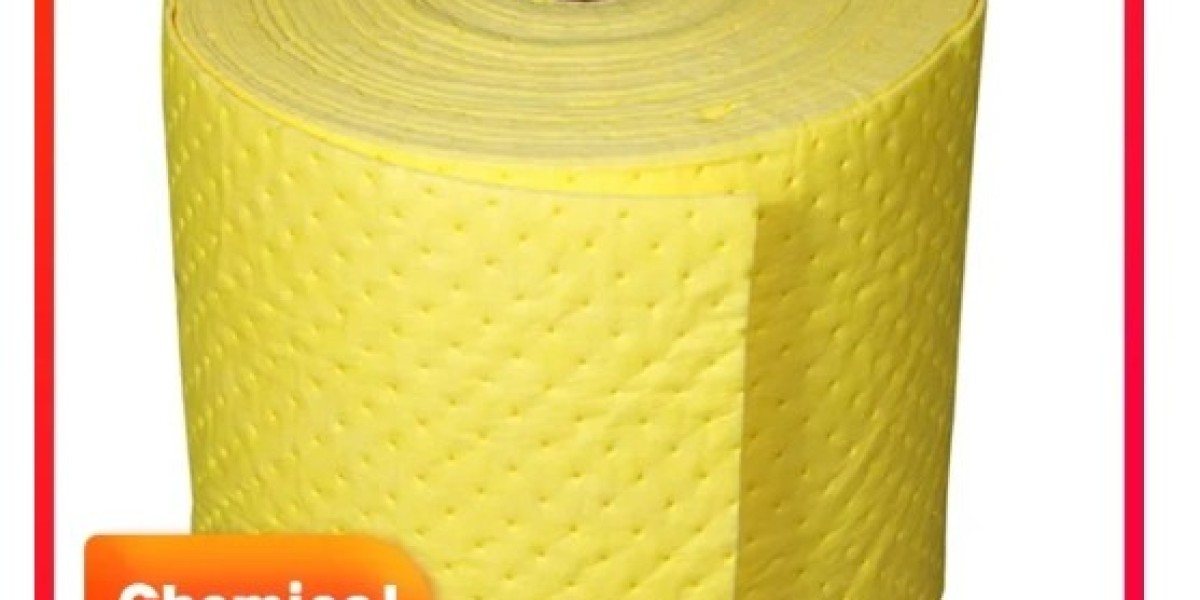When it comes to drainage systems, selecting the right drain pipe is crucial for ensuring efficient water flow and preventing issues like clogs and leaks. With numerous options available in the market, it can be overwhelming to determine the best fit for your specific requirements. In this article, we will provide a comprehensive guide to help you choose the right drain pipe for your needs. JIAHE PLASTIC, a leading provider of quality drainage solutions, offers a wide range of drain pipes designed to meet various applications and provide long-lasting performance.
I. Understanding Drain Pipes
1.Importance of Drainage Systems:
Effective drainage systems are essential for managing the flow of water and preventing water damage in residential, commercial, and industrial settings. Drain pipes play a vital role in channeling water away from structures, preventing water buildup, and protecting the integrity of the surrounding infrastructure.
2.Functionality of Drain Pipes:
Drain pipes are designed to carry water and wastewater from sinks, showers, toilets, and other plumbing fixtures to the main sewer or septic system. They provide a smooth and unobstructed pathway for water to flow, minimizing the risk of blockages and backups. Drain pipes are available in different materials, each offering distinct advantages and suitability for specific applications.

II. Types of Drain Pipes
1.PVC Drain Pipes:
Polyvinyl chloride (PVC) drain pipes are widely used in residential and commercial applications due to their affordability, durability, and ease of installation. PVC pipes are lightweight, resistant to corrosion, and have smooth interiors that facilitate smooth water flow. They are available in various diameters and can withstand high-pressure water flow, making them suitable for a range of drainage needs.
2.ABS Drain Pipes:
Acrylonitrile butadiene styrene (ABS) drain pipes are another common option for drainage systems. They are known for their durability, impact resistance, and chemical resistance. ABS pipes are particularly suitable for applications where exposure to harsh chemicals or extreme temperatures may occur. They are commonly used in commercial and industrial settings and are compatible with a variety of plumbing fixtures.
3.Cast Iron Drain Pipes:
Cast iron drain pipes have been used for decades and are known for their strength and durability. They are resistant to fire, noise, and rodent intrusion, making them ideal for commercial and industrial applications. Cast iron pipes are typically joined using a hub-and-spigot connection and are commonly used for underground drainage systems.
4.HDPE Drain Pipes:
High-density polyethylene (HDPE) drain pipes are known for their excellent corrosion resistance and flexibility. They are commonly used for outdoor applications, such as agricultural drainage, stormwater management, and culvert systems. HDPE pipes are lightweight, easy to install, and resistant to chemicals, making them a popular choice for demanding environments.
III. Factors to Consider When Choosing Drain Pipes
1.Application and Usage:
Consider the specific application and usage requirements when choosing a drain pipe. Residential, commercial, and industrial applications may have different demands in terms of water flow, pressure, and chemical exposure. Select a drain pipe material that is suitable for your intended use and environment.
2.Size and Diameter:
Ensure that you choose a drain pipe with the appropriate size and diameter to accommodate the expected water flow. The size of the pipe will depend on the fixtures it will serve and the volume of water that needs to be drained. Proper sizing is crucial to prevent clogs and backups.
3.Compatibility:
Consider the compatibility of the drain pipe with other plumbing components. Ensure that the chosen pipe material is compatible with the pipes, fittings, and connectors that will be used in the system. Compatibility is essential to avoid leaks and ensure a secure and reliable drainage system.
4.Longevity and Maintenance:
Evaluate the long-term durability and maintenance requirements of the drain pipe. Some materials, such as PVC and HDPE, offer excellent longevity and require minimal maintenance. Consider factors such as resistance to corrosion, chemical exposure, and impact, as well as the ease of cleaning and maintenance.

IV. JIAHE PLASTIC: Your Trusted Source for Drain Pipes
JIAHE PLASTIC understands the importance of choosing the right drain pipe for your specific needs. Their extensive range of drain pipes includes high-quality PVC, ABS, cast iron, and HDPE options. JIAHE PLASTIC's drain pipes are designed to deliver superior performance, durability, and ease of installation. With a commitment to quality and customer satisfaction, JIAHE PLASTIC is a trusted partner in providing reliable drainage solutions.
Conclusion
Selecting the right drain pipe is essential for optimizing the performance and longevity of your drainage system. Consider factors such as the application, size, compatibility, and long-term durability when making your decision. JIAHE PLASTIC offers a wide range of high-quality drain pipes designed to meet various needs and deliver excellent performance. By choosing the right drain pipe, you can ensure efficient water flow, prevent clogs and leaks, and maintain a reliable and functional drainage systemfor your specific requirements. Invest in quality drain pipes from JIAHE PLASTIC to ensure a reliable and efficient drainage system that will serve you well for years to come.








